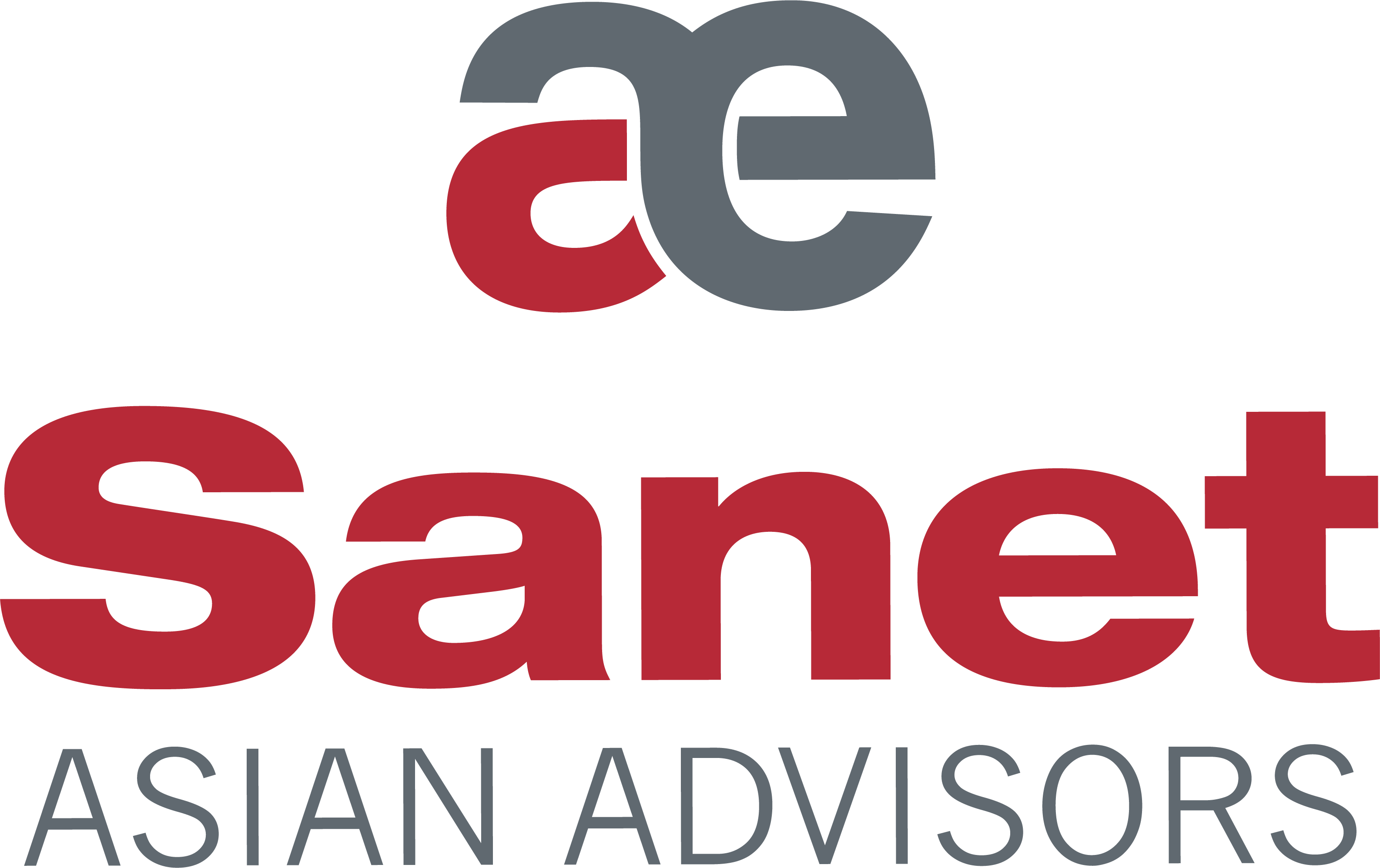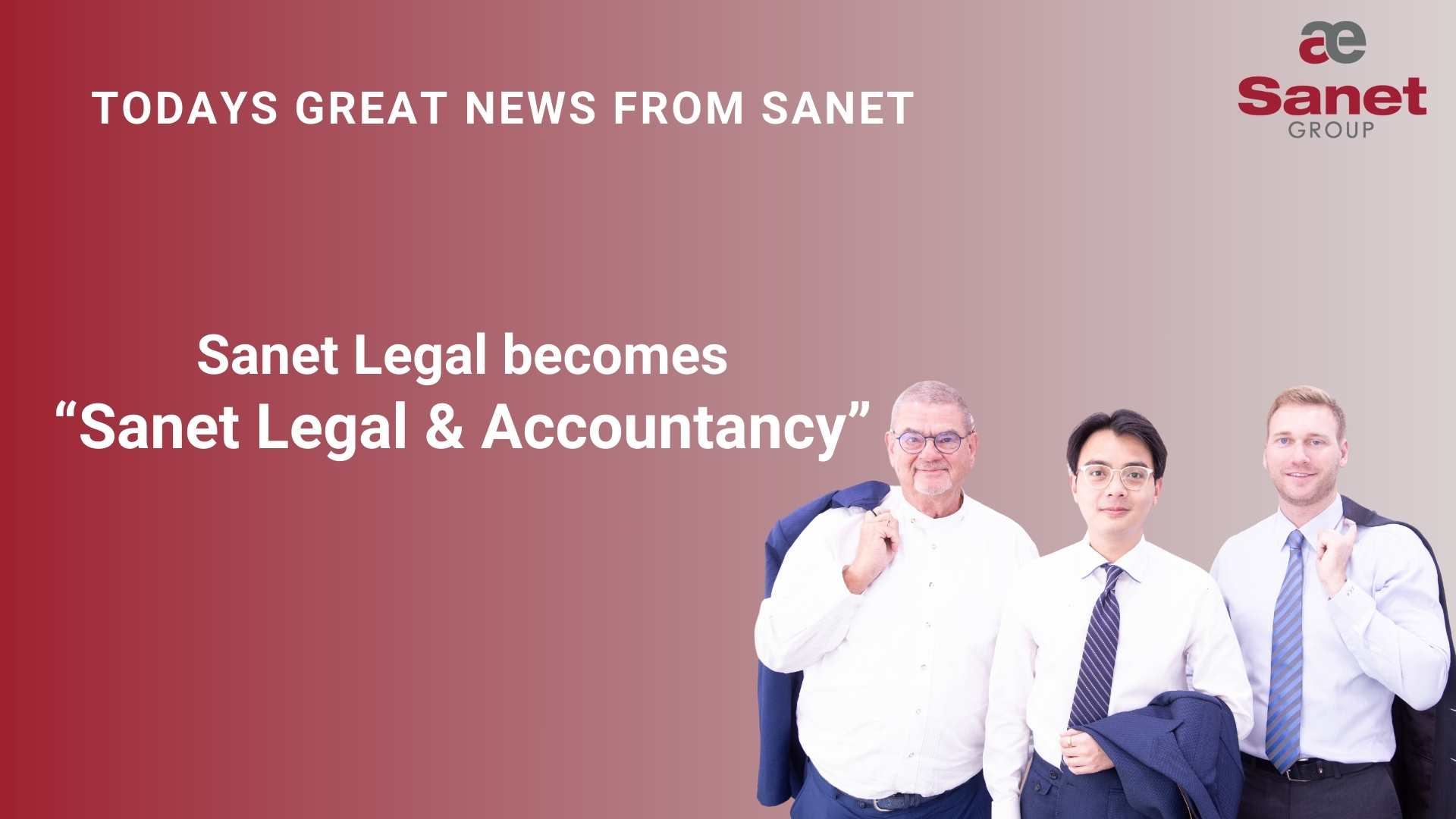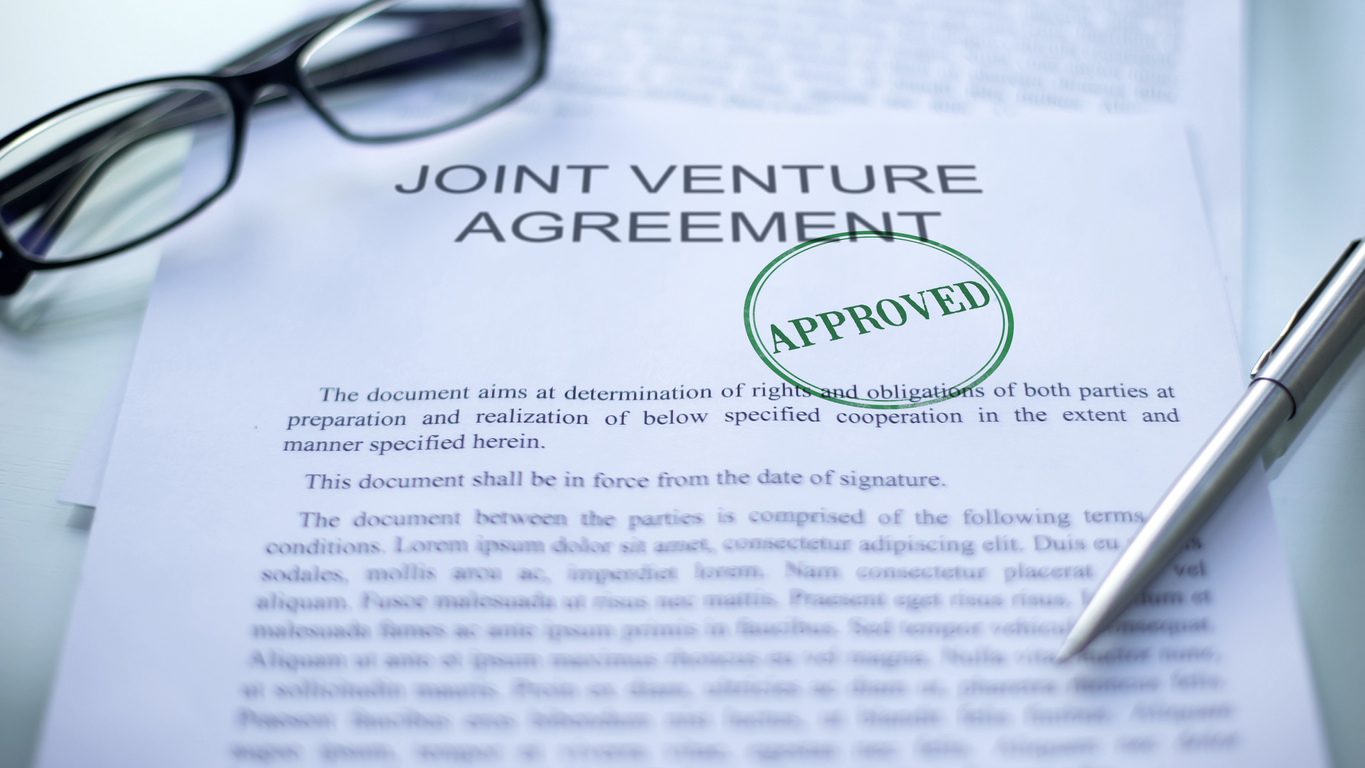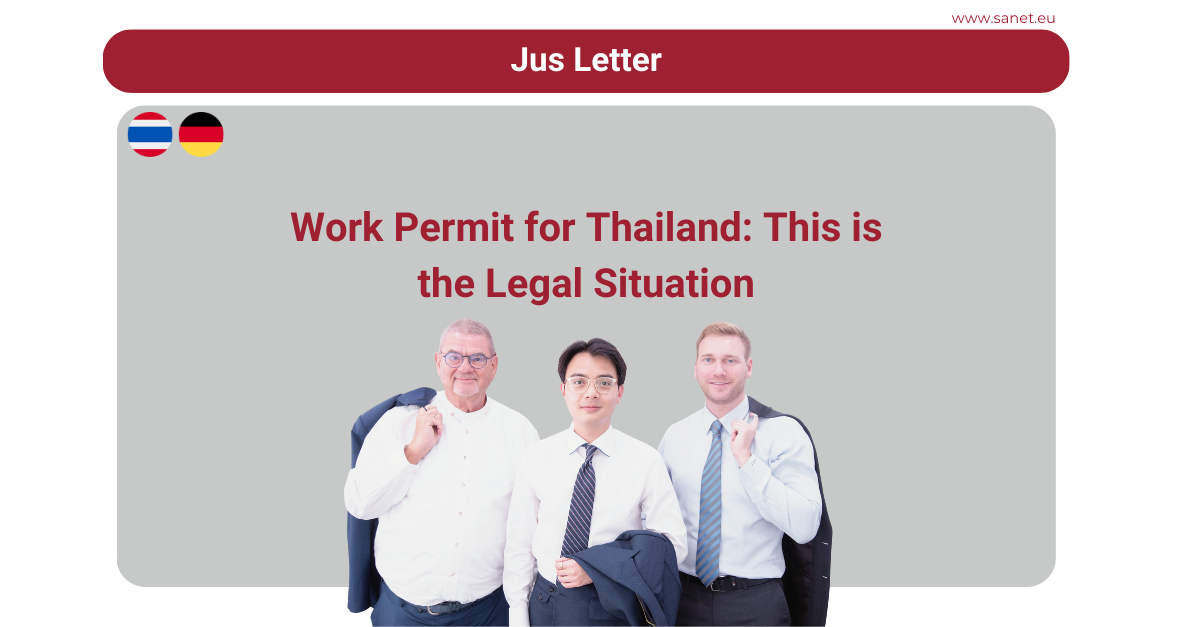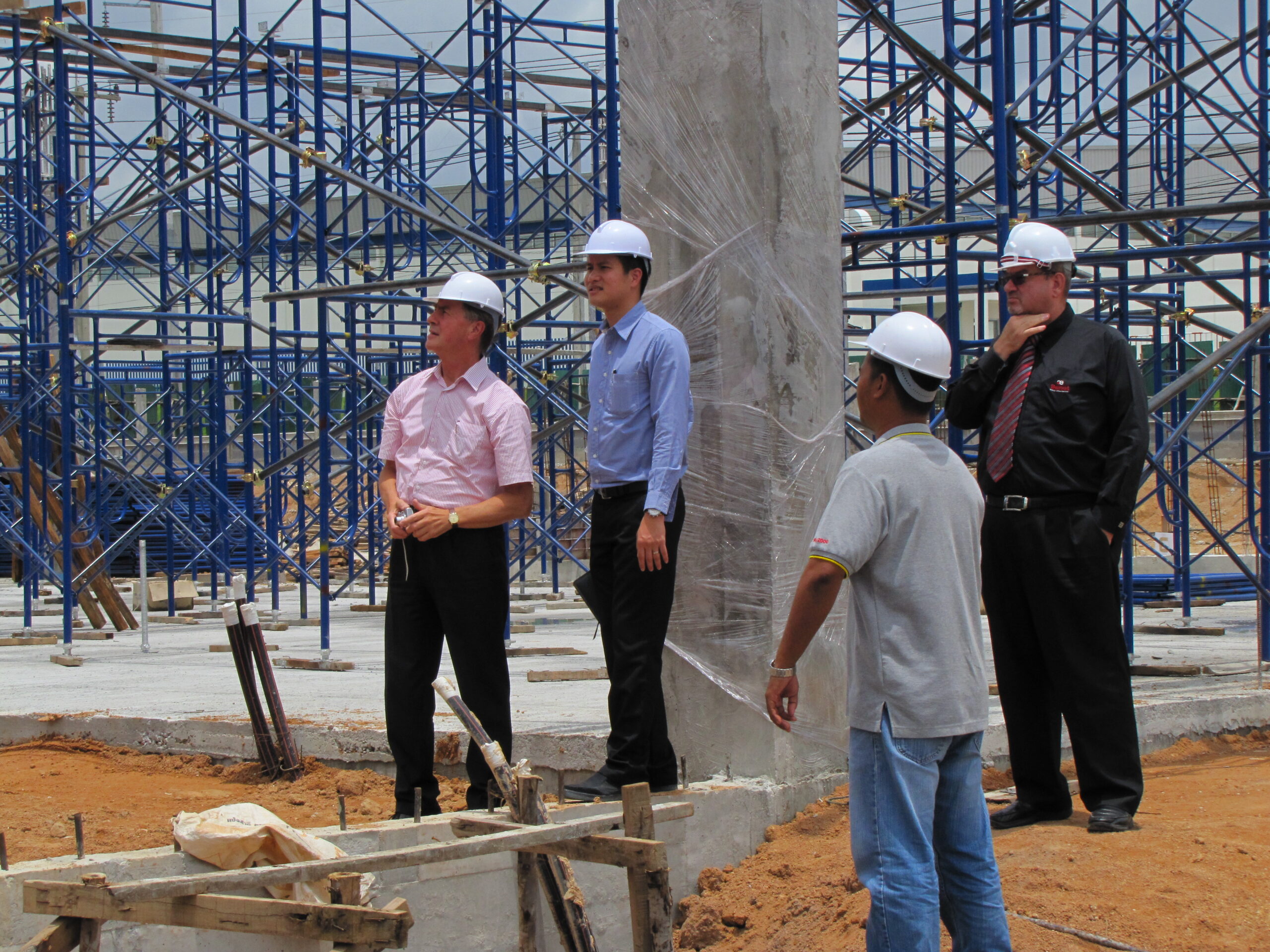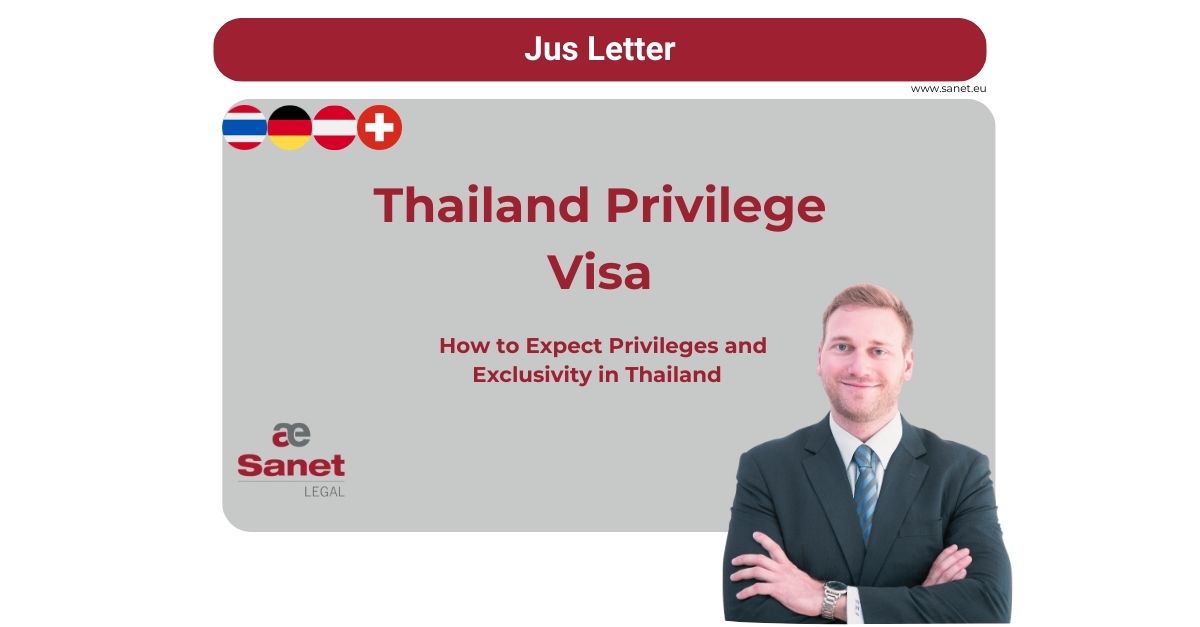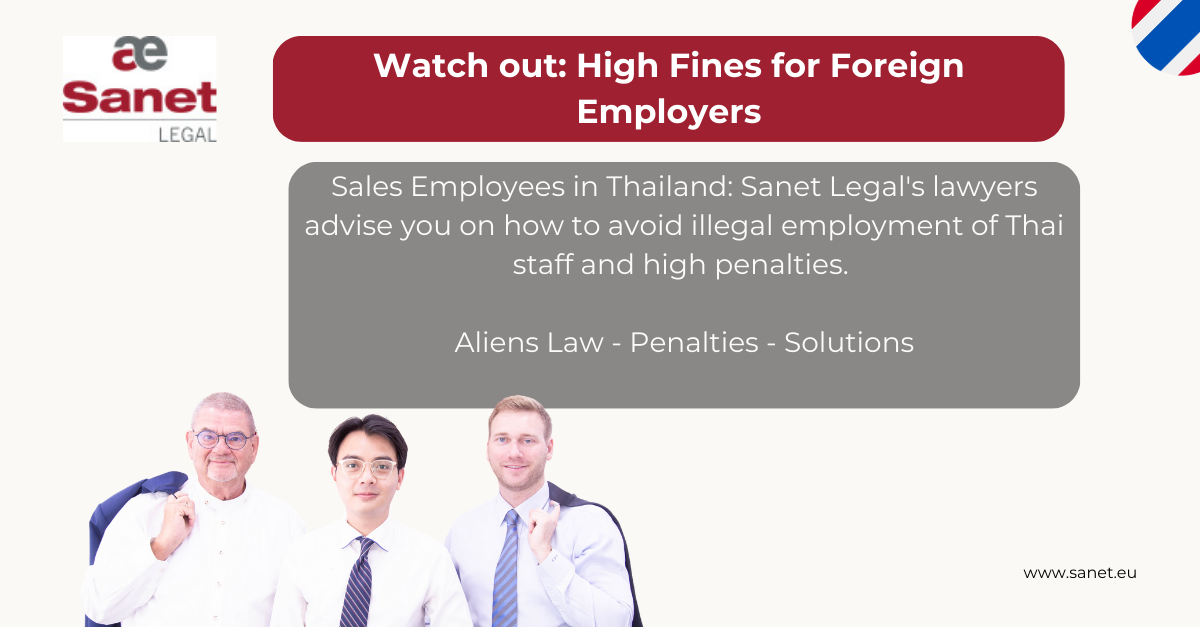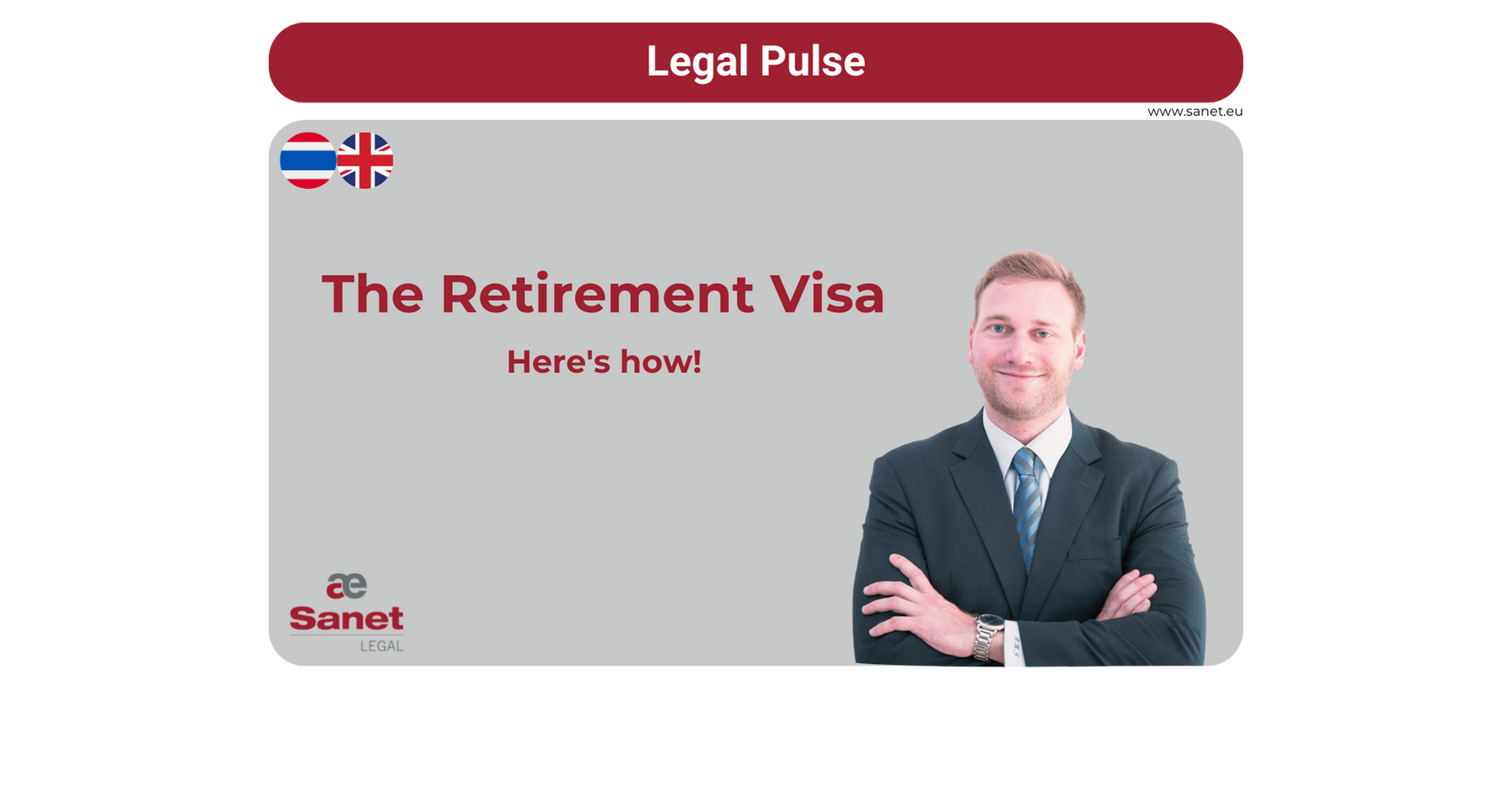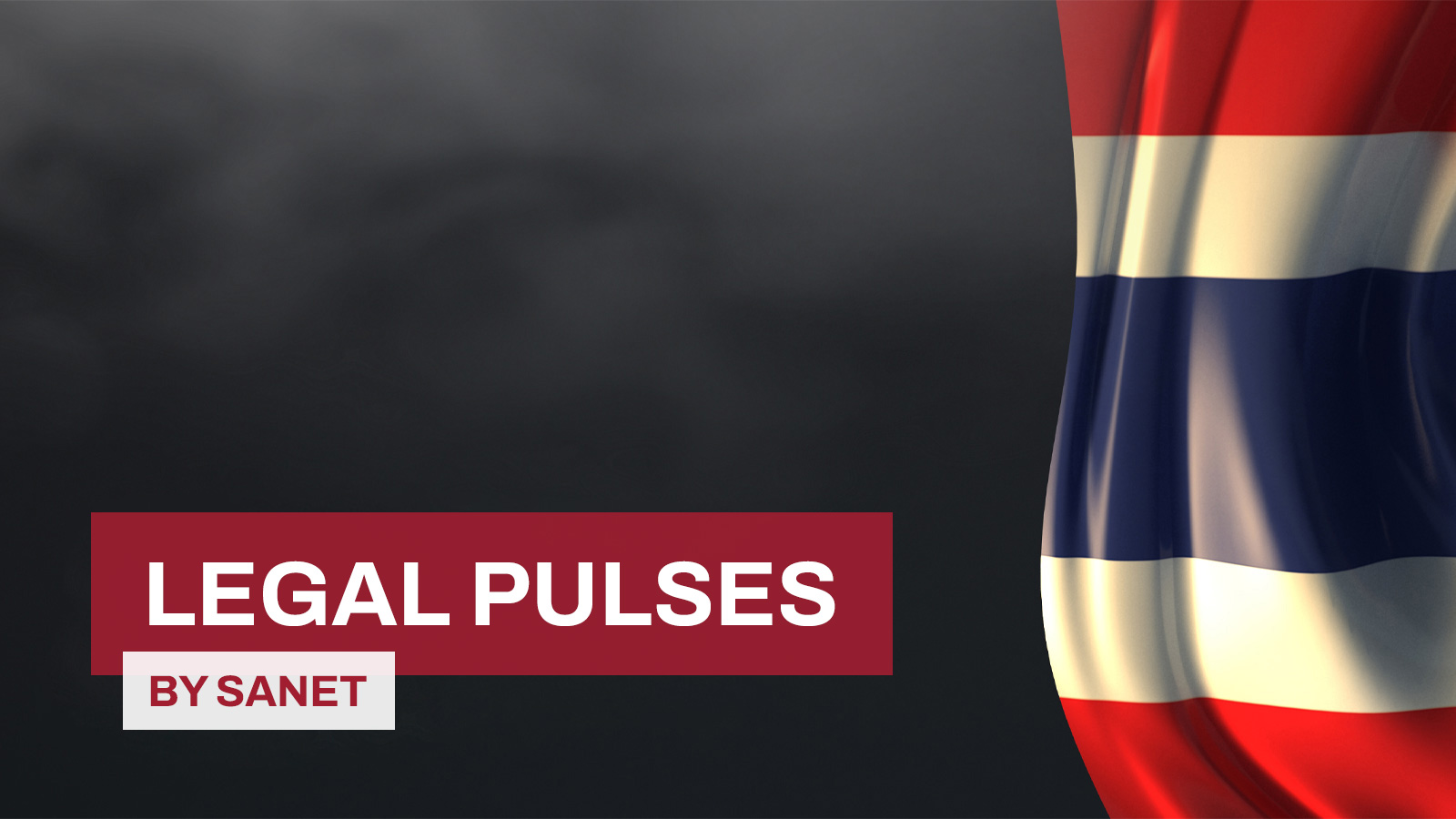Legal services in Thailand for Company Establishment
Legal services in Thailand For Company formation
The cornerstone for successful business operations is a well-defined legal structure that is tailored to the company’s business objectives.
Trading and service providing companies deserve special attention, as their activities being conducted by non-nationals are subject to strict regulations and restrictions under the “Foreign Business Act”. Therefore, here some hints about the right set up for different business activities and business regulations in Thailand.
Legal services in Thailand? Sanet.
The Company Limited as a 100% Subsidiary
The Company Limited is the most common legal form in Thailand and more or less corresponds to a German GmbH. It may be established as a “Wholly Foreign Owned Enterprise (WFOE)” with 100 % foreign shareholders. Incorporation is straightforward, requires three initial shareholders and is quickly set up.
It is expected that 100 % foreign companies have a minimum capital of 2 million THB. Nonetheless, sound legal advice is required since foreign invested companies are restricted in their activities.
One should have a look at this at the time of incorporation.
Producing in Thailand
What not many people know: Foreigners are permitted to have production facilities almost without restriction as 100% foreign owned entity in Thailand. Foreigners may even obtain land ownership if the manufacturing plant is located in a certified industrial site.
Of course, there are some rules to follow in Thailand as well. Land use regulations do not permit production facilities in all areas. Usually, a “Factory License” is required, which depends, among other factors, on the technical equipment and the number of employees.
For those who would also like to take advantage of the attractive tax benefits offered by the Board of Investment (BOI), Sanet’s attorneys will be happy to advise on the extensive incentive schemes and their conditions.
The Foreign Business License (FBL)
Such a license may be granted to companies that are majority-owned by foreign investors and wish to engage in business activities that are prohibited to foreigners under Thai law.
The company’s services and activities must provide significant benefits to the Thai economy and/or society. Typical activities supported by an FBL are infrastructure projects, public-private partnerships (PPP) or build-operate-transfer (BOT) agreements. Current practice is rather restrictive. In addition, the application process is complex, the necessary consulting is expensive, and the outcome of the application process is always uncertain after nine to twelve months.
The biggest snag, however, lies in the vaguely defined scope of the subsidized business activities. It is therefore impossible to make a serious forecast about the outcome of the application process. In order to minimize the economic risk, one is well advised not to pursue FBL as the only route into the Thai market.
The Representative Office (RO)
The RO must not “accept purchase orders, make sales offers or conduct business negotiations with any person”. It is also not permitted to have its own revenue; instead, the parent company directly and entirely bears all of the office’s expenses. The Representative Office is thus a foreign company’s “beachhead” in Thailand and is limited to procuring products, inspecting them for quality, observing and reporting about the state of the market, and – to a certain extent – supporting contracted distributors or importers.
As a “Sales Office” it is in violation of the law and the persons responsible, both national and foreign, are subject to criminal and tax consequences.
Caution, illegal!
Anyone who uses a nominee with Thai citizenship to set up a company or in sales is in violation of the applicable criminal law and must expect heavy fines. In addition, he can be prosecuted with a prison sentence of up to three years.
Caution should be exercised when hiring Thai nationals directly as sales representatives. Anyone who hires local employees without a Thai company is operating a foreign permanent establishment and falls under the Foreign Business Law. Hiring employees through non-Thai personnel agencies or, for example, local law or personnel offices, is also a prohibited circumvention and is strongly discouraged. The authorities will ask what the business purpose of the employer has to do with the distribution of foreign goods.
